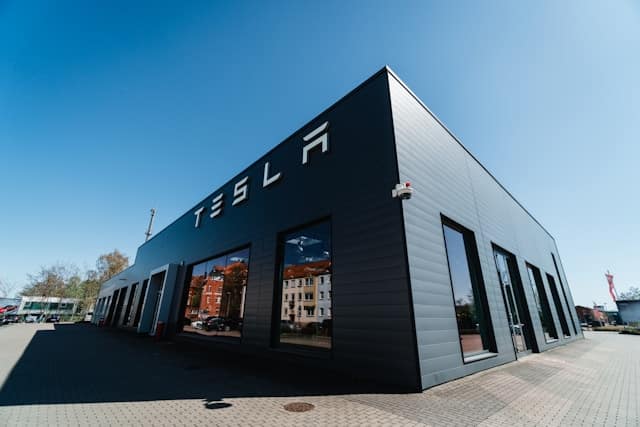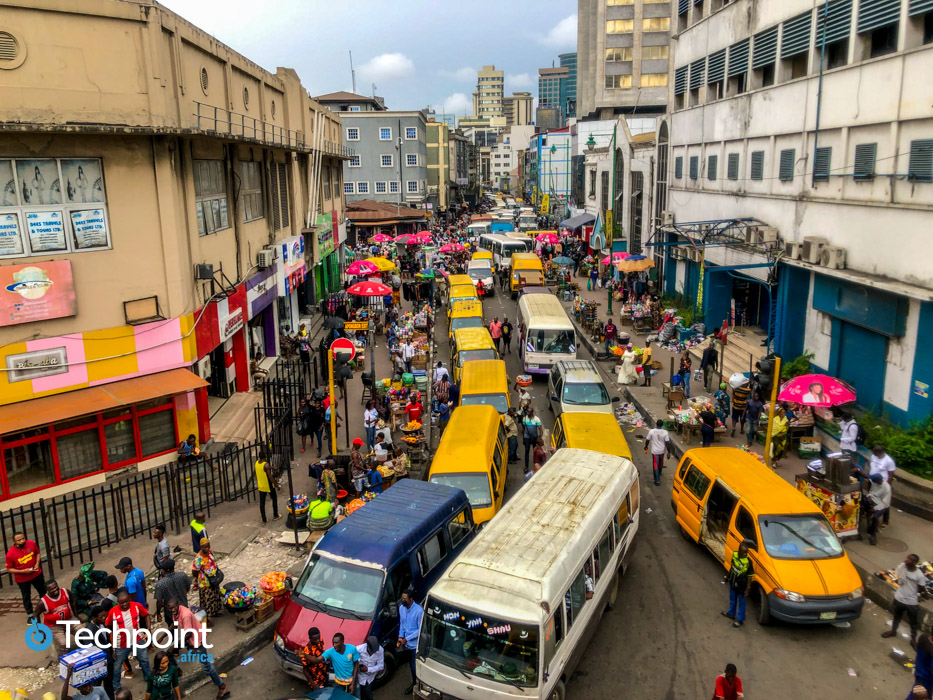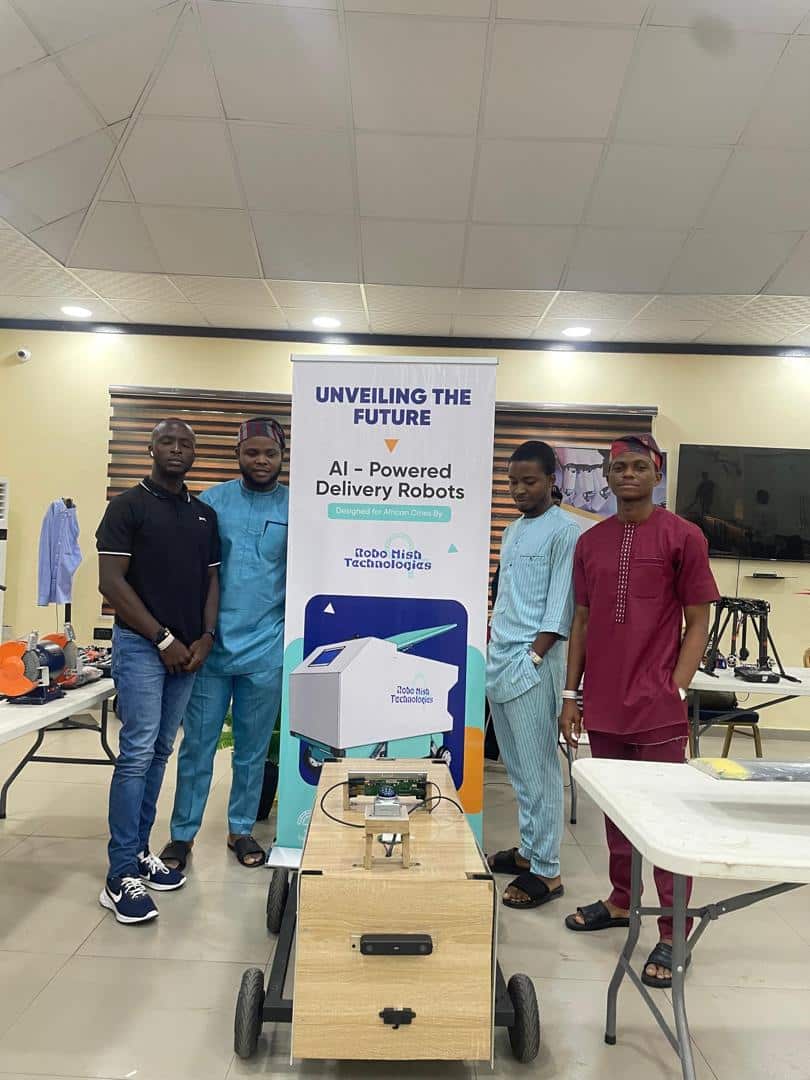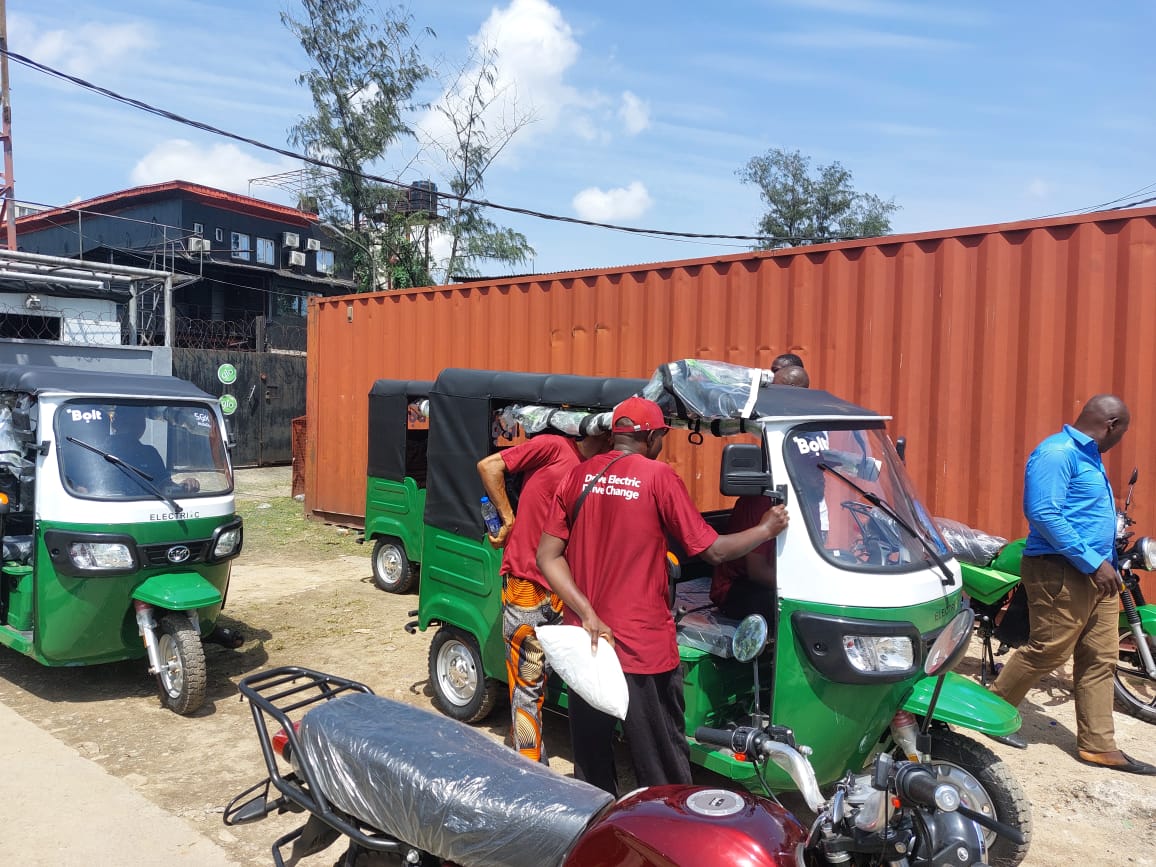The news:
- Drivers operating under the state-owned LagRide e-mobility platform have reportedly voiced concerns over what they describe as harsh treatment and unfair policies.
- At a recent meeting with the Lagos Nigerian Labour Congress (NLC) and the Amalgamated Union of App-based Transporters of Nigeria (AUATON), 14 drivers aired grievances regarding mandatory payments, low ride requests, and arbitrary vehicle repossession.
- “Lagride has become a source of suffering rather than a solution, contrary to the expectations of drivers who initially supported its establishment,” one of the drivers complained.
Another driver shared his ordeal, recounting a situation where his car developed a mechanical issue. Despite paying a daily vehicle servicing fee of ₦1,499, the driver was asked to cover repair costs amounting to ₦2.5 million when his car broke down.
He lamented the lack of support from LagRide, saying that repeated attempts to seek assistance were ignored.
This experience resonated with other drivers who criticised the company’s refusal to offer maintenance coverage, despite their daily contributions.
Other drivers complained about the platform’s Zeno app, which they claim provides insufficient ride requests, forcing them to work extended hours or even join competing platforms like Uber or Bolt to meet LagRide’s daily remittance of ₦10,599.
Some reported being fined for using alternative platforms, leaving them trapped in a cycle of debt and fear of losing their vehicles.
One major concern raised was the arbitrary retrieval and re-issuance of vehicles. Drivers allege that LagRide takes back cars from drivers without clear reasons, often reassigning them to new drivers for additional fees.
This practice reportedly causes financial stress and uncertainty. In one case, a driver claimed his car was repossessed after he couldn’t pay a ₦1 million fee, while another described being issued a faulty vehicle after paying ₦700,000, only for it to be taken back.
While LagRide was initially marketed as a lease-to-own scheme that could help drivers achieve vehicle ownership, many now believe the model is designed to keep them in debt.
Drivers remain sceptical about the company’s commitment to their welfare, with only a few successfully paying off their vehicles since the platform’s launch in 2022.
On Monday, July 15, 2024, the Lagos State Government announced a $260 million investment to acquire 5,000 new vehicles for the ride-hailing platform, LagRide,. out of which 1,000 will be electric vehicles.











